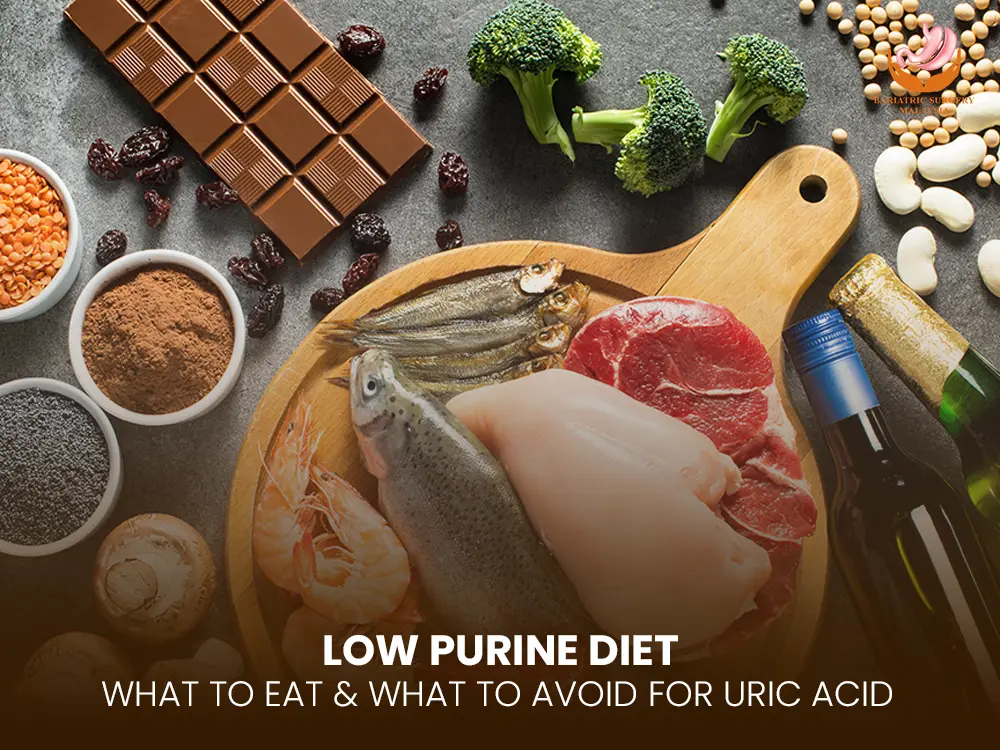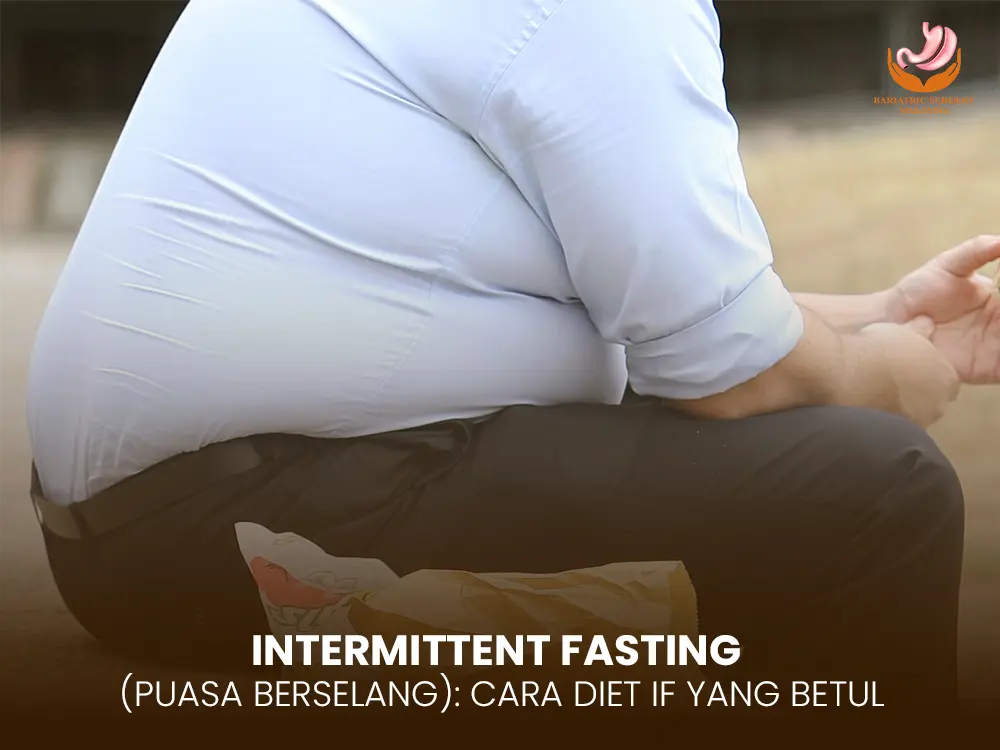What Is a Low Purine Diet?

A low purine diet focuses on reducing foods and drinks high in purines, naturally occurring compounds found in many foods. When purines are broken down, they produce uric acid. Excess uric acid can accumulate in the body, leading to complications.
This diet limits high-purine foods while encouraging low-purine, nutrient-rich foods to help maintain healthy uric acid levels.
Who Can Benefit from a Low Purine Diet?

A low purine diet is beneficial for anyone with elevated uric acid levels (hyperuricemia). It can help:
Prevent the development of uric acid-related complications.
Reduce the risk of joint discomfort and other symptoms associated with high uric acid.
Support kidney health and prevent crystal buildup.
Complement medical treatment for those already managing elevated uric acid.
Foods to Avoid on a Low Purine Diet
Certain foods and drinks are high in purines and can increase uric acid levels. Key items to limit include:
Red Meat and Organ Meats – beef, lamb, pork, liver, kidneys, sweetbreads.
Certain Seafood – anchovies, sardines, mackerel, scallops, and shellfish.
Sugary Drinks and High-Fructose Foods – sodas, sweetened juices, desserts.
Alcohol, Especially Beer – alcohol can impair uric acid elimination.
Highly Processed Foods – fast food, packaged snacks, and ready-made meals with high sodium and trans fats.
Foods to Include in a Low Purine Diet
While no single food can remove uric acid completely, certain choices may help:
Low-Fat Dairy Products – skim milk, plain yogurt, kefir. These may help increase uric acid excretion.
Fruits and Vegetables – cherries, berries, citrus fruits, leafy greens. Many are anti-inflammatory and low in purines.
Whole Grains – brown rice, quinoa, whole grain bread, and oat bran.
Plant-Based Proteins – lentils, beans, tofu, tempeh, chickpeas. These provide protein without raising uric acid levels significantly.
Water and Unsweetened Drinks – stay hydrated to help kidneys flush out uric acid.
Tips for Following a Low Purine Diet
Vary Protein Sources – include both plant and animal proteins in moderation.
Eat a Variety of Fruits and Vegetables – even moderate purine vegetables are generally safe.
Choose Whole Grains – limit refined grains and sugary cereals.
Stay Hydrated – 5–8 glasses of water per day support kidney function.
Combine With a Healthy Lifestyle – weight management, regular exercise, and limiting alcohol enhance the diet’s benefits.
Benefits of a Low Purine Diet
Reduces Uric Acid Levels – may help prevent complications from hyperuricemia.
Supports Weight Management – cutting high-purine meats and sweets often helps with weight loss.
Complements Medications – can reduce reliance on uric acid-lowering drugs while supporting overall health.
Limitations of a Low Purine Diet
Restrictive – avoids common indulgences like alcohol, sweets, and red meats.
Limited Omega-3 Sources – seafood provides omega-3 fatty acids, which may help reduce inflammation. Supplements may be necessary.
Not a Cure – diet alone may lower uric acid partially; medications and medical supervision are still important.
5 FAQs About Low Purine Diet
1. Can a low purine diet prevent uric acid buildup?
Yes, it can help manage uric acid levels and reduce the risk of crystal formation.
2. How long before I see benefits from a low purine diet?
Improvements in uric acid levels and symptom reduction can be seen within weeks, especially when combined with hydration and weight management.
3. Are all vegetables safe on a low purine diet?
Yes. Even vegetables with moderate purine content do not typically trigger symptoms and are beneficial for overall health.
4. Can I still eat meat on a low purine diet?
Yes, in moderation. Focus on low-purine meats like chicken and avoid organ meats and certain seafood.
5. Is a low purine diet suitable for everyone?
It is most beneficial for individuals with elevated uric acid, hyperuricemia, or related conditions. Always consult a healthcare provider before making major dietary changes.
Manage High Uric Acid with Bariatric Surgery

Bariatric surgery not only supports significant weight loss but also has a positive impact on controlling uric acid levels in the blood. By reducing excess weight and improving metabolic function, the surgery helps the body eliminate uric acid more efficiently.
According to Dr. Navin Mann, patients undergoing procedures such as gastric sleeve or gastric bypass often experience lower risks of metabolic complications and improved overall health. When combined with a balanced diet and ongoing medical supervision, bariatric surgery can offer long-term benefits for metabolic wellness.



